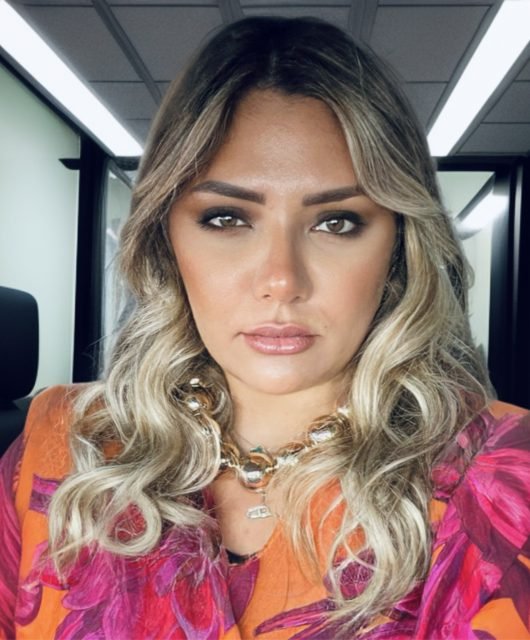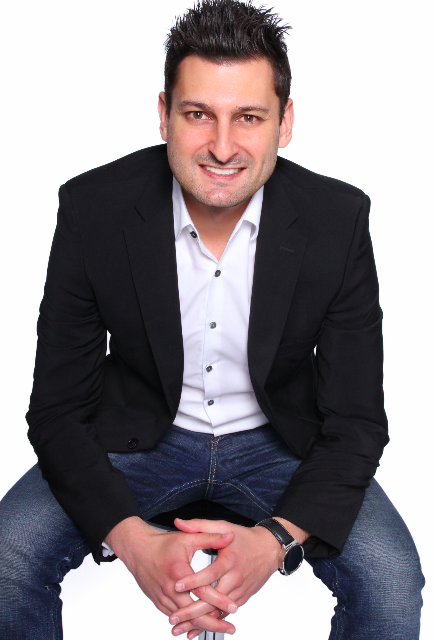Brands Are The Real World Cup Winners
And here it is again, after four long years, the biggest sporting event on the planet is back and this time it is hosted by Russia, a controversial choice due to logistical and political reasons.
While most of us are only interested in the actual football, taking place at the 2018 World Cup in Russia, for brands it’s a branding haven, a space and place for captive audience. Billions of people tune in worldwide, making it the perfect platform for companies to get their name in front of eyeballs despite the fact that sponsorships revenue dropped by 11% in the 2018’s version.
For sports companies, however, the World Cup is the ultimate window to display their multi-million-dollar endorsements and uniform supply deals. Visibility is everything, which is why brands are perpetually battling for club and national team contracts and player endorsements. For brands like Adidas, Nike and to a lesser extent Puma, their involvement in the world cup is justifiable under what we call branding by relevance. It is a no-brainer not to be visible and active in the largest sports pilgrimage.
Next inline would be the global beverage giants with Coca Cola leading the pack since 1970’s with stadium branding and official sponsor title yet here we see Pepsi again hijacking the World Cup through its regional campaigns and activations and stealing Coke’s thunder by connecting football enthusiasts and the love for the game through their ongoing global campaign called “Love it. Live It ” starring five renowned international football players. The full effort, arriving ahead of the 2018 FIFA World Cup in Russia this summer, includes limited-edition player packaging, out-of-home experiences, digital content and a TV spot that has been aired in more than 60 markets worldwide. This is strategically smart, as the campaign kicked off much earlier than the actual event and has gained competitive grounds, helping to steer the conversation toward its own brand and increase sales & social media chatter ahead of the closely-watched international event. This is branding by association, and if Pepsi or Coke did not do that and win over fans that might appreciate Pepsi being able to bring so many notable stars for the push, lending the effort an air of authenticity to the effort, then who could do that better?
The real winner according to me is Hyundai, the Korean automotive brand that has been a proud World Cup sponsor consistently since the 1990’s. The Hyundai brand is emotionally positioned and differentiated from its rivals by being a dynamic and Modern accessible Automotive Brand, Hyundai has always connected with the youth and sport enthusiasts globally. They are connecting with youthful audiences and supporting football by providing fans with unique and enjoyable experiences in the same way they are committed to caring for their customers by ensuring special and rewarding Hyundai ownership experiences. The recent global campaign featuring Maroon 5 performing their own modern cover version of Bob Marley’s “Three little birds” sets the mood for a fun-packed, hassle-free football season as they chant “Don’t worry about a thing, cause every little thing is gonna be alright…” while stories involving FIFA fans and advanced Hyundai safety technology unfold around the scene.
Hyundai is also bringing a selection of football-related memorabilia from the FIFA World Football Museum from Zurich to the Hyundai Motor studio Moscow. This exhibition celebrates the FIFA World Cup through the passion and devotion of the fans and tells the event’s history through the players who have left an indelible mark in the past and it’s running social media ads featuring some past stars of great FIFA moments recalling their accomplishments (i.e. Hyundai x 2018 FIFA World Cup™ | Hyundai World Football Heritage with Thierry Henry).
It has also taken a new approach of letting the voices of football fans worldwide be heard: amplifying them and bringing them to matches throughout the 2018 FIFA World Cup in Russia, this is done via the “Be There with Hyundai” contest on FIFA.com wherein participants are asked to create and submit slogans in support of the national teams which have qualified for the 2018 FIFA World Cup Russia™.
Hyundai has ticked several branding and marketing boxes, from brand visibility to brand engagement, and functional and technological superiority but the interesting fact is that they managed to seize the moment & the mood and created a feel-good perception about the brand delivered to a significant global audience while setting the expectation for continued customer satisfaction and loyalty. That’s branding by experience both functionally and emotionally.





